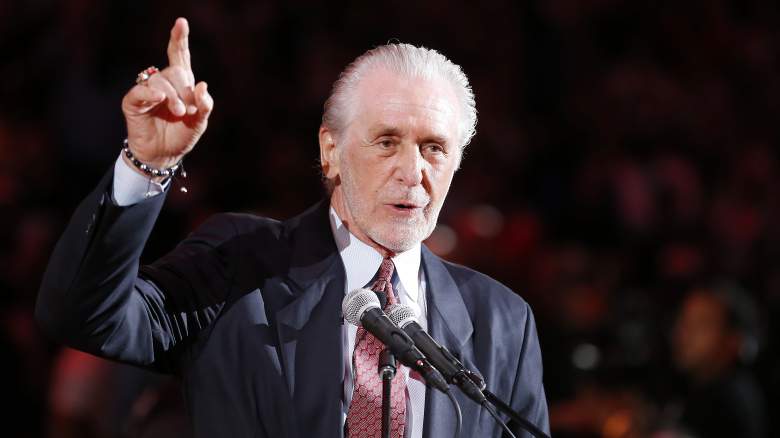
When it comes to upgrading the Heat’s roster and, perhaps, filling some spots for the long litany of injuries the team has been handling, it might be obvious to some that coach Erik Spoelstra could use more bodies. But with the way the NBA’s financial side is shaping up this year, it won’t be easy for the Heat to make any of those changes.
That’s because the Heat are just a sliver below the league’s luxury-tax threshold, the point at which the team will begin to see penalties kick in—not just in terms of immediate payment penalties, but in terms of a reduced amount available for signing players through assets like the midlevel exception.
And there’s another incentive, as pointed out by ESPN front-office insider Bobby Marks. Not only would the Heat have to pay into the luxury-tax pool if they were to go over the limit, they would miss out on a significant payment—around $13 million—that is expected to be paid out by current tax-paying teams in the league’s biggest markets.
The tax payments made by tax-paying teams to the non-tax teams figure to be a record-high this season.
Bobby Marks: ‘There Is Not an Appetite to Go in (the Tax) This Year’
Here’s how Marks explained it on Adrian Wojnarowski’s podcast last week:
The luxury tax. There is not an appetite to go in it this year. If you’re a team that is straddling that fence, there is a $13 million distribution that teams are going to get for being under the luxury tax. That is a record high. Normally, it is in that $4-$5 million range. But because teams like Golden State and Brooklyn, the two L.A. teams are funding all this money, if you’re Minnesota or you’re Denver or even the Miami Heat who are right at the tax, it better be a really, really good deal for you to go in and lose that money.
How close are the Heat to the tax? Try 96.8% of the way there. Miami’s payroll, according to Spotrac.com, is $136,169,446. The luxury tax kicks in at $136,606,000. That leaves a difference of a mere $436,554.
There could be other teams that contribute to the tax pool in the end, but several teams—like Boston—are angling to get below the tax line by the time of the trade deadline.
Heat Can’t Fill 15th Roster Spot Without Triggering Tax
That is why the Heat have kept open their 15th roster spot to this point, and why they’ve found it necessary to keep rotation forward Caleb Martin on that two-way contract he has been on—if they sign anyone to the regular roster, even for a minimum contract, it will push them over the tax. The same goes for a potential trade. Miami is not opposed to making a deal, it just needs to be one in which the outgoing money is more than the incoming money.
Otherwise, they go over the tax limit, which will cost the team the $13 million Marks referenced, plus their own tax penalty.
As for the big pile of luxury-tax money, it is mostly being funded by six teams, four of which Marks mentioned (Golden State, $170 million; Brooklyn, $110 million; the Clippers, $94 million; the Lakers, $45 million). The other two are Milwaukee, at $48 million and the Jazz at $33 million. All numbers are courtesy of Spotrac.


















Comments
Front-Office Insider: ‘Not an Appetite’ for the Heat to Hit NBA Luxury Tax